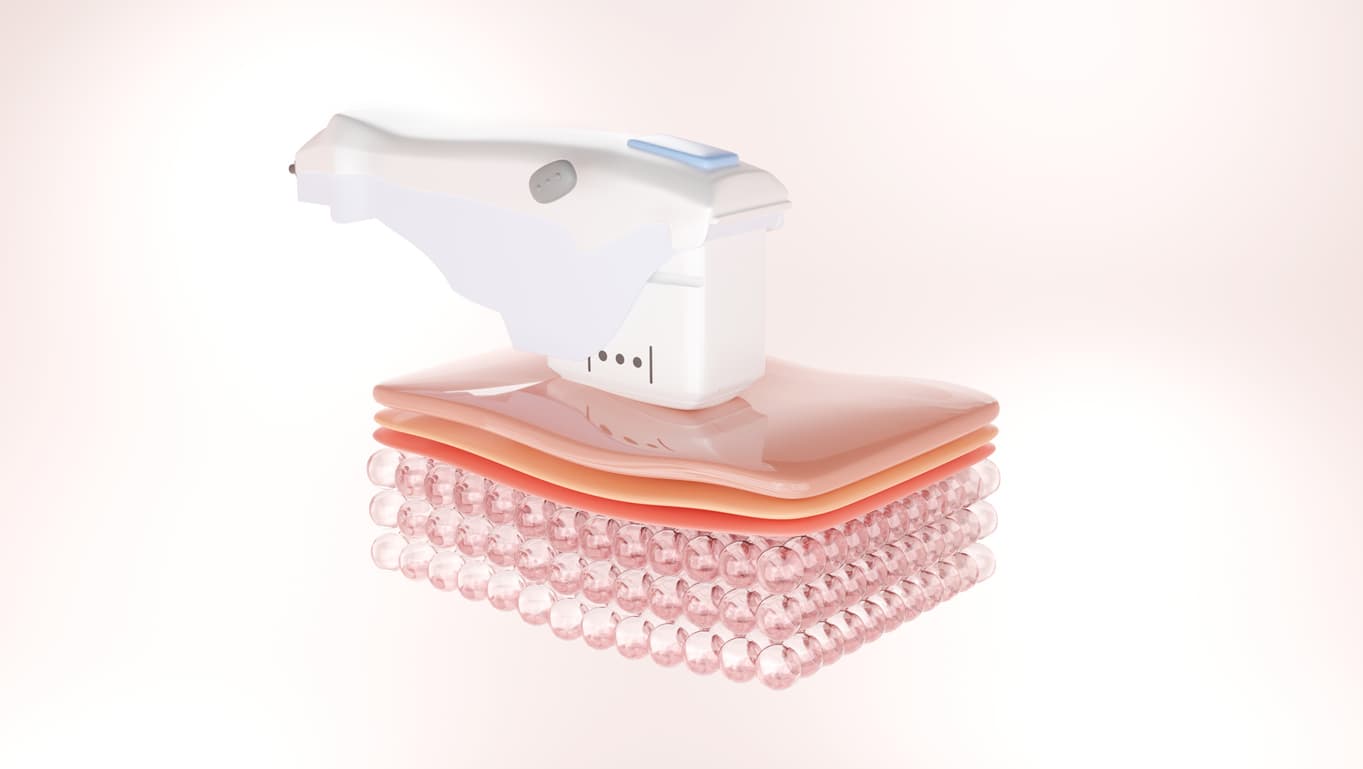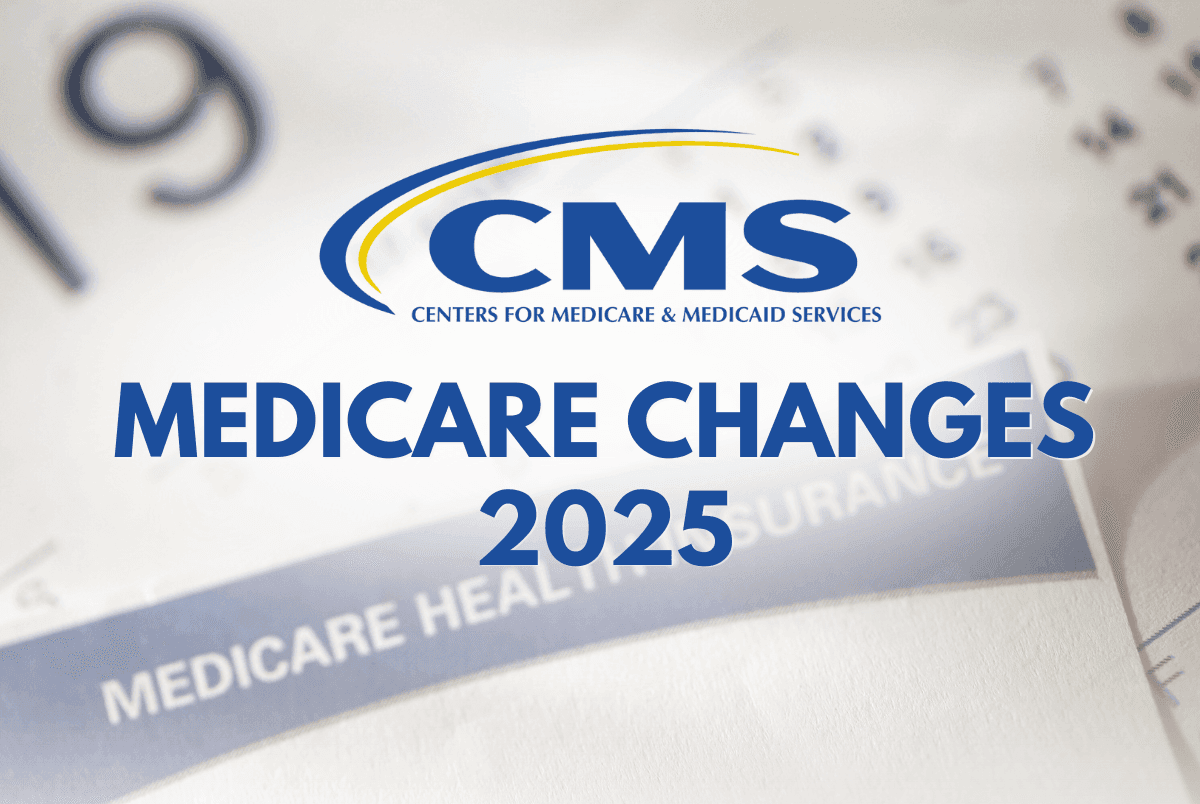Your plan may limit your access to a particular network
Over the last few years, Medicare Advantage plans have witnessed a surge in popularity, with nearly half of all Medicare
Speak with a Medicare Advocate
Medicare Advantage plans offer additional coverage beyond what Original Medicare provides and have an out-of-pocket limit, which can be attractive for individuals on a fixed budget. However, the question that often arises when considering Medicare Advantage plans is whether all hospitals accept them.
Let's take a closer look at Medicare Advantage plans, including their costs and whether all hospitals accept them.
What Are Medicare Advantage Plans?
A Medicare Advantage Plan
They cover all services under Original Medicare and may also provide additional coverage for services like vision dental
While Medicare Advantage Plans
How Do Medicare Advantage Plans Work?
When you enroll in a Medicare Advantage Plan, the company offering the plan receives a fixed monthly payment from Medicare for your coverage. These companies must abide by Medicare's regulations, but each plan may have different out-of-pocket expenses and rules for accessing services.
For example, you may need a referral to see a specialist or be limited to doctors or hospitals within the plan's network (excluding emergency and urgent care situations).
It's important to stay informed, considering these rules may change annually. Fortunately, it's a prerequisite that each plan provides advance notice of any changes to all members before the next enrollment period.
What Are MAPD Plans?
MAPD, or Medicare Advantage Prescription Drug Plan, is a Medicare Advantage Plan that includes coverage for prescription drugs. In addition to the standard Medicare benefits and prescription drugs, MAPD plans may also offer additional benefits such as vision, hearing, and dental coverage.
While some MAPD plans may limit coverage to in-network services, others may also cover out-of-network healthcare services. However, using providers outside your plan's network may increase out-of-pocket expenses or result in a lack of coverage, depending on your plan details.
What Are the Types of Medicare Advantage Plans?
There are five main types of Medicare Advantage plans, but not every plan is available in your area. You may find all, some, or none of these plans available depending on where you live. You may also find multiple plans of the same type if private companies in your area decide to provide them.
Let's look into the different types of Medicare Advantage Plans**.**
1. Health Maintenance Organization (HMO) Plans
An HMO plan generally only provides coverage if you get medical care from doctors, hospitals, and other healthcare providers within your plan's network. There are exceptions, such as emergency care, out-of-area urgent care, or out-of-area dialysis. You'll always be covered for emergency and urgent care.
Some HMO plans may have a Point-of-Service (POS) option that allows you to receive certain out-of-network services, but this usually comes at a higher cost.
It's worth noting that most HMO plans require you to have a referral from your primary care doctor
2. Preferred Provider Organization (PPO) Plans
PPO plans
Note again that you'll always be covered for emergency and urgent care.
3. Private Fee‑for‑Service (PFFS) Plans
PFFS plans have two types: one with a network and the other without.
In PFFS plans that don't have a network, you can typically go to any Medicare-approved doctor, hospital, or healthcare provider who accepts the plan's payment terms and agrees to treat you.
However, in PFFS plans that do have a network, you can typically see any provider within the network who has agreed to treat you. You may also be able to receive care from an out-of-network provider who accepts the plan's terms, but it may cost more.
Either way, you'll always be covered for emergency and urgent care.
4. Medicare Special Needs Plans (SNP)
Special Needs Plans (SNPs) are specifically designed to help Medicare beneficiaries who meet unique criteria. There are three types of SNP plans: Chronic Condition (C-SNP), Institutional (I-SNP), and Dual Eligible (D-SNP). These plans customize their benefits, provider choices, and list of covered drugs (formularies) to best serve their target group's specific needs.
For instance, an SNP may provide additional coverage for extra hospital days if you have a chronic or severe health condition like cancer or heart failure.
While some SNPs may require you to choose a primary doctor within the network, they typically have specialists available to treat the specific conditions of their members.
5. Medical Savings Account (MSA) Plans
Medicare MSA Plans offer an alternative to traditional Medicare coverage. They combine a high-deductible health plan with a medical savings account. The Medicare MSA Plan deposits money into this account, which you can use to pay for your healthcare expenses.
The amount of money deposited into the account will vary depending on your plan. One of the benefits of the MSA is that you can use this money to pay for your Medicare-covered costs before you meet your deductible.
How Much Do Medicare Advantage Plans Cost?
Medicare Advantage Plan premiums are dependent on the specific plan you choose. While some Medicare Advantage plans may offer a zero premium, it's important to note that you will still be responsible for paying the Medicare Part B premium ($164.90 in 2023).
The deductibles, copays, and coinsurance will also vary from plan to plan.
Fortunately, many Medicare Advantage plans come with an out-of-pocket limit. Once you reach this limit for the year, your plan will cover 100% of the approved healthcare services for the remainder of the year.
However, MAPD plans have no out-of-pocket limit on outpatient prescription drugs. This means there is no hard cap on your outpatient drug expenses. But, Catastrophic coverage
Furthermore, Medicare beneficiaries enrolled in a Medicare Advantage Plan do not need to pay the Part A and Part B deductibles separately. Instead, they must pay their Medicare Advantage plan's deductible (if any).
For example, in case of hospitalization, individuals with a Medicare Advantage plan are not required to pay the Part A deductible or copays. Instead, they pay their plan's deductible (in case it has not been fulfilled yet) along with their daily copays for hospital care. The deductibles and copays differ according to the plan.
Do All Hospitals Accept Medicare Advantage Plans?
While most hospitals do accept Original Medicare, there may be some that do not accept Medicare Advantage Plans.
However, if you have a medical emergency while you're enrolled in a Medicare Advantage plan, you can seek care at any ER or hospital in the country. Your Medicare Advantage plan will cover the emergency services as if they were in-network, even if the hospital or provider is out-of-network. But a copay and coinsurance may be involved in each visit and service obtained.
On the other hand, if you receive non-emergency care from an out-of-network provider, your Medicare Advantage plan may not cover the full cost of care, and you may be responsible for paying a more significant portion of the bill.
Mayo Clinic recently notified its eligible Medicare beneficiaries in Arizona and Florida that it's no longer in-network with most Medicare Advantage plans. Furthermore, they have stated that they will not be able to schedule appointments for patients with Medicare Advantage plans that are out-of-network.
It's advisable to seek medical care from healthcare providers within your network to minimize the risk of unexpected costs. Also, contact your hospital before scheduling in-patient stays to confirm if they accept your Medicare Advantage insurance.
Maximize Your Savings by Staying Within the Network
Private insurance companies approved by Medicare offer Medicare Advantage Plans. These plans cover all services under Original Medicare and may also provide additional coverage for services like vision, hearing, dental, prescription drug coverage, and more.
However, not all hospitals accept all Medicare Advantage Plans. In addition, to get full coverage for your healthcare services, you may need to limit your options to a network of healthcare providers. Some plans allow for out-of-network coverage, but this can be expensive.
If you're in a Medicare Advantage Plan, staying within your network is advisable to get maximum benefits from your health insurance. But if your preferred healthcare provider has moved out of your network, or you're not satisfied with your current plan, you can change your plan Annual Enrollment Period.
On the other hand, if you're planning to join a Medicare Advantage plan, select a plan with a network that includes desired healthcare providers in your area.Analyzing all the aspects of a plan and selecting the best one for you can be overwhelming. Our advisors are well-versed in the minutiae of the plans and can help you make the right choice.
Over the years, we've assisted several Medicare beneficiaries in choosing the right plan. If you need help selecting a plan, call us at 1-888-376-2028, and one of our advisors
Recommended Articles

Does Medicare Cover COVID Tests?
Dec 21, 2022

The Easiest Call You'll Ever Make
Jun 28, 2023

Does Medicare Cover Bladder Sling Surgery?
Jan 11, 2023

Does Medicare Cover Scleral Lenses?
Dec 5, 2022

Medicare Consulting Services
Apr 3, 2023

Is the Shingles Vaccine Covered by Medicare?
Nov 17, 2022

When Can You Change Medicare Supplement Plans?
Nov 18, 2022

Is HIFU Covered by Medicare?
Nov 21, 2022

Does Medicare Cover Exercise Physiology?
Jan 11, 2023

Does Medicare Cover Xiafaxan?
Jan 19, 2023

Does Medicare Cover Orthodontic Care?
Nov 18, 2022

How is Medicare Changing in 2025?
Dec 21, 2022

Does Medicare Cover Mouth Guards for Sleep Apnea?
Dec 8, 2022

13 Best Ways for Seniors to Stay Active in Indianapolis
Mar 9, 2023

Do Medicare Supplement Plans Cover Dental and Vision?
Dec 8, 2022

13 Best Ways for Seniors to Stay Active in Phoenix
Mar 6, 2023

Can I Change Medicare Advantage Plans Any Time? | Medicare Plans
Sep 19, 2022

Gap Health Insurance: The Secret Sidekick to Your High-Deductible Plan
Jul 14, 2025
More of our articles
13 Best Ways for Seniors to Stay Active in Philadelphia
2024 Cost of Living Adjustment
2024 Fair Square NPS Report
Building the Future of Senior Healthcare
Can I Have Two Primary Care Physicians?
Can I switch From Medicare Advantage to Medigap?
Can Medicare Help with the Cost of Tyrvaya?
Costco Pharmacy Partners with Fair Square
Does Medicare Cover Air Purifiers?
Does Medicare Cover an FMT?
Does Medicare Cover Cala Trio?
Does Medicare Cover Cardiac Ablation?
Does Medicare Cover Cataract Surgery?
Does Medicare Cover Cervical Disc Replacement?
Does Medicare Cover Cold Laser Therapy (CLT)?
Does Medicare Cover Cosmetic Surgery?
Does Medicare Cover ESRD Treatments?
Does Medicare Cover Fosamax?
Does Medicare Cover Geri Chairs?
Does Medicare Cover Hepatitis C Treatment?
Does Medicare Cover Hoarding Cleanup?
Does Medicare Cover Incontinence Supplies?
Does Medicare Cover Inspire for Sleep Apnea?
Does Medicare Cover Iovera Treatment?
Does Medicare Cover Light Therapy for Psoriasis?
Does Medicare Cover Lipoma Removal?
Does Medicare Cover Medical Marijuana?
Does Medicare Cover Ofev?
Does Medicare Cover Ozempic?
Does Medicare Cover Piqray?
Does Medicare Cover PTNS?
Does Medicare Cover Shock Wave Therapy for Plantar Fasciitis?
Does Medicare Cover SI Joint Fusion?
Does Medicare Cover SIBO Testing?
Does Medicare Cover TENS Units?
Does Medicare Cover Wart Removal?
Does Medicare Cover Zilretta?
Does Medicare Pay for Allergy Shots?
Does Medicare Pay for Funeral Expenses?
Does Your Plan Include A Free Gym Membership?
Everything About Your Medicare Card + Medicare Number
Fair Square Client Newsletter: AEP Edition
Finding the Best Dental Plans for Seniors
How Are Medicare Star Ratings Determined?
How Do I Sign up for Medicare? A Simple How-To Guide For You
How Do Medigap Premiums Vary?
How Much Does Medicare Part B Cost in 2025?
How Often Can I Change Medicare Plans?
How to Apply for Medicare?
How to Compare Medigap Plans in 2025
Is Botox Covered by Medicare?
Is Fair Square Medicare Legitimate?
Is Vitrectomy Surgery Covered by Medicare?
Last Day to Change Your Medicare Part D Plan
Medicare & Ozempic
Medicare Advantage MSA Plans
Medicare Advantage Plans for Disabled People Under 65
Medicare Explained
Medicare Guaranteed Issue Rights by State
Medicare Supplement Plans for Low-Income Seniors
Saving Money with Alternative Pharmacies & Discount Programs
Seeing the Value in Fair Square
Should You Work With A Remote Medicare Agent?
The Fair Square Bulletin: October 2023
Turning 65 and Thinking of Keeping COBRA? Here’s Why It Usually Backfires
What Is a Medicare Advantage POS Plan?
What is the Medicare ICEP?
What People Don't Realize About Medicare
What You Need to Know About Creditable Coverage
Which Medigap Policies Provide Coverage for Long-Term Care?
Why You Should Keep Your Medigap Plan
Will Medicare Cover Dental Implants?
Get the Fair Square Bulletin
Medicare savings tips, helpful guides, and more.
Virgil Insurance Agency, LLC (DBA Fair Square Medicare) and www.fairsquaremedicare.com are privately owned and operated by Help Button Inc. Medicare supplement insurance plans are not connected with or endorsed by the U.S. government or the federal Medicare program. This is a solicitation of insurance. A licensed agent/producer may contact you. Medicare Supplement insurance is available to those age 65 and older enrolled in Medicare Parts A and B and, in some states, to those under age 65 eligible for Medicare due to disability or End-Stage Renal disease. Virgil Insurance Agency is a licensed and certified representative of Medicare Advantage HMO, HMO SNP, PPO, PPO SNP and PFFS organizations and stand-alone PDP prescription drug plans. Each of the organizations we represent has a Medicare contract. Enrollment in any plan depends on contract renewal. The plans we represent do not discriminate on the basis of race, color, national origin, age, disability, or sex. Plan availability varies by region and state. For a complete list of available plans please contact 1-800-MEDICARE (TTY users should call 1-877-486-2048), 24 hours a day/7 days a week or consult www.medicare.gov. © 2026 Help Button Inc
We do not offer every plan available in your area. Any information we provide is limited to those plans we do offer in your area. Please contact Medicare.gov or 1-800-MEDICARE to get information on all of your options.
MULTIPLAN_FairSquareMedicare_01062022_M
Fair Square Medicare


